Introduction
Inverted tooth timing chains are an essential component in modern engine systems. These chains play a crucial role in synchronizing the engine's valves and pistons, ensuring smooth and efficient operation. However, like any mechanical system, compatibility issues can arise when using inverted tooth timing chains. In this article, we will explore some of the potential compatibility issues and their implications.
1. Chain Length Variations
One common compatibility issue with inverted tooth timing chains is chain length variations. This can occur due to manufacturing tolerances or improper installation. The consequences of chain length variations can be severe, leading to timing inaccuracies, engine misfires, or even catastrophic engine failure.
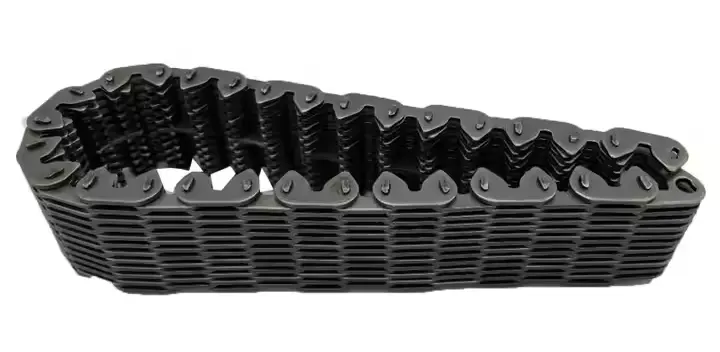
2. Tensioner Compatibility
Another critical aspect to consider is the compatibility between the inverted tooth timing chain and the tensioner system. Tensioners ensure the optimal tension in the chain, preventing slack or excessive tightness. Incompatibility in this area can result in improper chain tension, leading to timing errors and increased wear on the chain and other engine components.
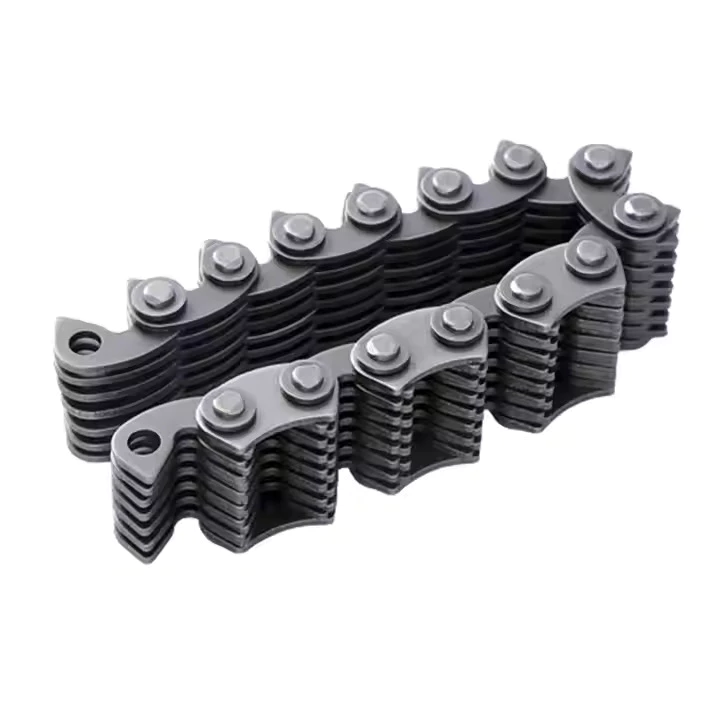
3. Sprocket Profile Matching
The correct matching of the sprocket's tooth profile with the inverted tooth timing chain is crucial for smooth and reliable operation. Incompatibility in the tooth profile can lead to increased noise, accelerated wear, or even chain skipping. It is essential to ensure the sprocket and chain have compatible tooth profiles for optimal performance.
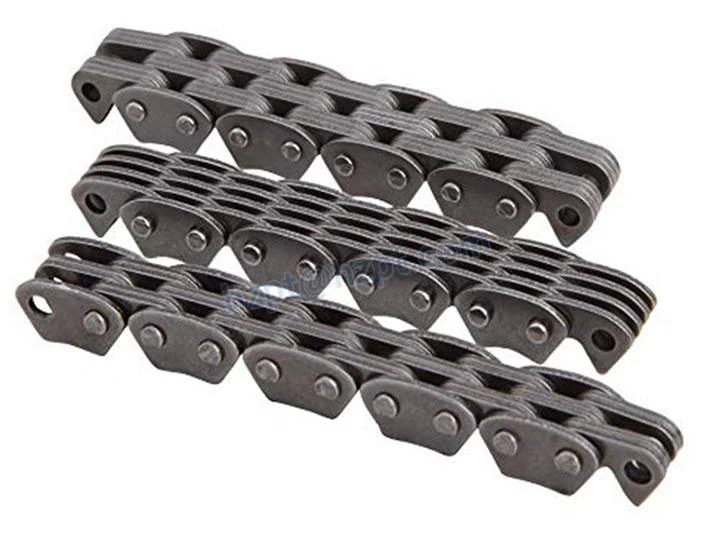
4. Lubrication Requirements
Inverted tooth timing chains require proper lubrication to minimize friction and wear. Incompatibility between the chain material and the lubrication used can lead to inadequate lubrication or excessive wear. It is crucial to follow the manufacturer's recommendations regarding lubrication to avoid compatibility issues and ensure the longevity of the chain.
5. Material Compatibility
Compatibility between the inverted tooth timing chain and other engine components, such as gears or guides, is vital to ensure smooth operation. Incompatibility in material composition can result in accelerated wear, increased noise, or even component failure. It is essential to consider the material compatibility when selecting and installing an inverted tooth timing chain.
Sprockets for Silent Chains
The relationship between silent chain sprockets and inverted tooth chains is symbiotic and essential. Silent chain sprockets are specifically designed to work in conjunction with inverted tooth chains, providing optimal performance and longevity. Together, they ensure precise synchronization and smooth operation of the engine system. At our company, we offer a wide range of silent chain sprockets for sale to complement our inverted tooth chains.
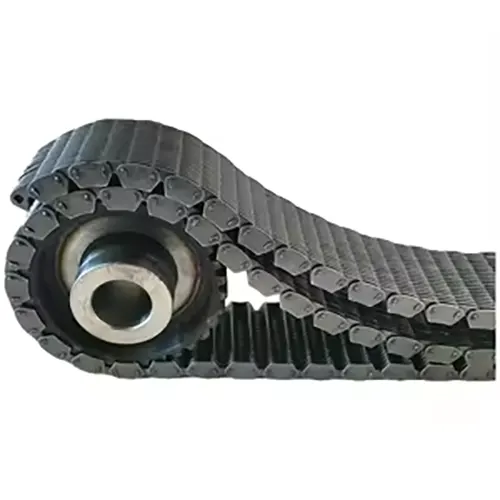
About Us
RP Techniek BV is the Netherlands sales agent for Ever-power Group. We are a leading supplier of silent chains and associated components. With over 90% of our products exported to markets like the United States, Canada, Japan, South Korea, Brazil, and Australia, we are committed to providing competitive prices and high-quality service. As a trusted chain manufacturer, we strive to meet the diverse needs of our customers.
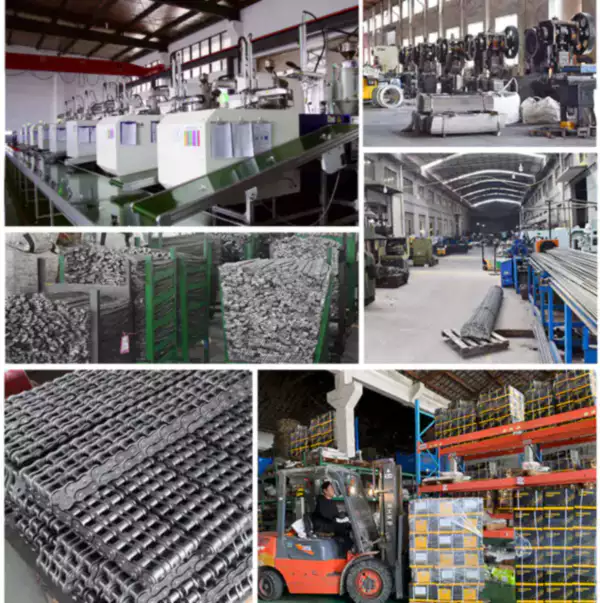
Q&A
Q1: Can inverted tooth timing chains be used in any type of engine?
A1: Inverted tooth timing chains can be used in various engine configurations, including gasoline and diesel engines. However, it is crucial to ensure compatibility with the specific engine design and specifications.
Q2: What happens if the inverted tooth timing chain is not properly tensioned?
A2: Improper chain tension can lead to timing inaccuracies, engine misfires, or even severe engine damage. It is essential to follow the manufacturer's recommendations for proper chain tensioning.
Q3: Are inverted tooth timing chains maintenance-free?
A3: While inverted tooth timing chains are designed for durability, regular inspection and maintenance are necessary to ensure optimal performance and longevity. Lubrication and chain tension should be checked periodically.
Q4: Can inverted tooth timing chains be repaired if they are damaged?
A4: In most cases, damaged inverted tooth timing chains should be replaced rather than repaired. Attempting to repair a damaged chain can compromise its integrity and lead to further issues.
Q5: How long do inverted tooth timing chains typically last?
A5: The lifespan of an inverted tooth timing chain depends on various factors, including engine design, operating conditions, and maintenance. With proper care and maintenance, they can last for tens of thousands of miles.
Edited by: Zqq.
